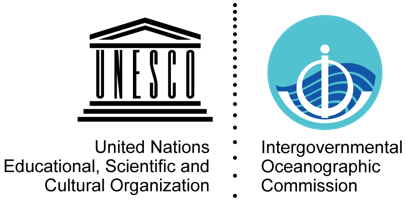The event was designed to develop a common understanding among ocean industries and the scientific community on voluntary observation programmes, identify the key barriers to scaling up these efforts, and develop the principles, roadmap and workplan for moving forward.
 22 December 2011: The first World Ocean Council (WOC) ‘Smart Ocean/Smart Industries’ workshop, hosted by the UN Educational, Scientific and Cultural Organization (UNESCO) Intergovernmental Oceanographic Commission (IOC), brought together representatives from shipping, oil and gas, marine technology and other sectors, as well as scientists, government agencies, and inter-governmental organizations. The workshop aimed to initiate a new programme to facilitate ocean industry collaboration with the scientific community to scale up data collection from “smart” ships and platforms and expand the spatial and temporal extent of ocean and atmospheric observations.
22 December 2011: The first World Ocean Council (WOC) ‘Smart Ocean/Smart Industries’ workshop, hosted by the UN Educational, Scientific and Cultural Organization (UNESCO) Intergovernmental Oceanographic Commission (IOC), brought together representatives from shipping, oil and gas, marine technology and other sectors, as well as scientists, government agencies, and inter-governmental organizations. The workshop aimed to initiate a new programme to facilitate ocean industry collaboration with the scientific community to scale up data collection from “smart” ships and platforms and expand the spatial and temporal extent of ocean and atmospheric observations.
According to UNESCO, the meeting, which took place from 12-13 December 2011, in Paris, France, attracted more than double the number of participants anticipated and lead to fast and concrete action, with several participant companies offering to deploy oceanographic sensors from their vessels in areas where more data is needed. The event was designed to develop a common understanding among ocean industries and the scientific community on voluntary observation programmes, identify the key barriers to scaling up these efforts, and develop the principles, roadmap and workplan for moving forward.
The contribution of ocean business efforts to expand ocean, weather and climate information is expected to improve the modeling and predictability of weather, ocean conditions and climate change, and support the responsible use of ocean resources. UNESCO underscored the importance of ocean monitoring to mitigate disasters, map the health and distribution of fish stocks, and quantify the trends of the typical marine hazards, including typhoons and storm surges, sea level rise, or harmful algal blooms. [Smart Ocean/Smart Industries Workshop] [UNESCO Press Release]